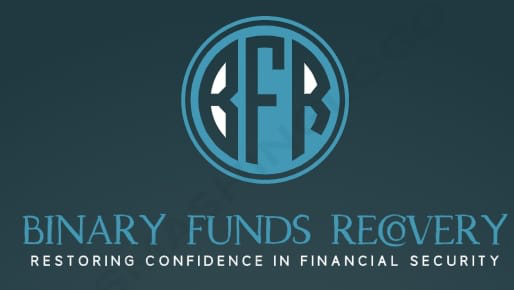Phishing scams are an ever-present danger in the huge world of the internet, where convenience and connectivity meet. This sneaky kind of internet fraud preys on naive customers by manipulating and misleading them with well-crafted emails. Here, we try to clarify the complex nature of phishing scams, examining their diverse forms and providing essential strategies to prevent falling for these malicious schemes.
What are Phishing Scams?
Phishing is a deceptive online scam targeting consumers through seemingly authentic emails that imitate reputable sources like internet service providers, banks, or mortgage companies. The unsuspecting recipient is then prompted to provide personal identifying information, which the scammer exploits to open new accounts or infiltrate existing ones. The victim of this violation of trust may suffer serious financial and personal repercussions.
Types of Phishing Scams
Email Phishing
The most common form of phishing attacks occurs through email. Fraudsters register fake domains resembling legitimate organizations and send mass requests for personal information. The deception often involves character substitutions in the email address, making it appear genuine at first glance. For instance, substituting ‘rn’ for ‘m’ in ‘Amazon’ might go unnoticed, leading the recipient to believe it’s a legitimate communication.
Whaling
Targeting senior executives, whaling attacks are highly focused and subtle. While the ultimate goal remains the same – acquiring sensitive information – the tactics employed are more sophisticated. These attacks often leverage personal information about the executive, making the deception harder to detect.
Angler Phishing
Taking advantage of social media, angler phishing is a relatively new attack vector. Scammers employ forged URLs, replicated websites, and posts to deceive people into disclosing personal data or downloading malicious software. Instant messaging, a variant known as smishing, is also employed to deceive unsuspecting victims.
Spear Phishing
This type of phishing involves malicious emails specifically crafted for an individual. The fraudster possesses detailed information about the victim, including their name, place of employment, job title, email address, and specific job role details. This enables a highly personalized approach, making it more challenging for the recipient to discern the deception.
Smishing and Vishing
In these variations, communication shifts from emails to phones. Smishing involves criminals sending text messages with content similar to email phishing, while vishing entails deceiving individuals through telephone conversations.
Phishing Attempts
According to the Federal Trade Commission (FTC), phishing attempts often rely on fabricated stories to lure individuals into clicking on links or opening attachments. These stories may include claims of suspicious account activity, issues with account or payment information, requests for personal information confirmation or updates, fake invoices, payment links, government refund eligibility, or enticing offers like coupons for free goods or services.
Protecting Yourself from Phishing Attacks
- Exceptionally Good Deals or Offers: Be wary of offers that seem too good to be true.
- Hyperlinks and Attachments: Steer clear of opening unusual email attachments and clicking on dubious links.
- Immediate Pop-ups: Phishing attempts may use immediate pop-ups to create urgency. Before you do anything, exercise caution and make sure it’s legitimate.
- Unknown or Unusual Senders: Exercise caution with emails from unfamiliar or unexpected sources.
- Incorrect Spelling in Web Addresses: Check for any misspellings or unusual characters in web addresses, as these can indicate a phishing attempt.
A safer online experience can be ensured by people strengthening their defenses against the present threat of phishing scams by being watchful and following these preventive actions. The initial lines of defense in the continuous fight against online fraud are awareness and care.
Are You A Victim Of Phishing Scams? Contact Binary Funds Recovery for Assistance!
If you’ve fallen victim to phishing scams, reach out to Binary Funds Recovery for expert help. We offer a free consultation to help you through the recovery process because we understand the difficulties caused by cyber fraud. Let us be a support in taking back control so you don’t have to face it alone. Our Social Pages

